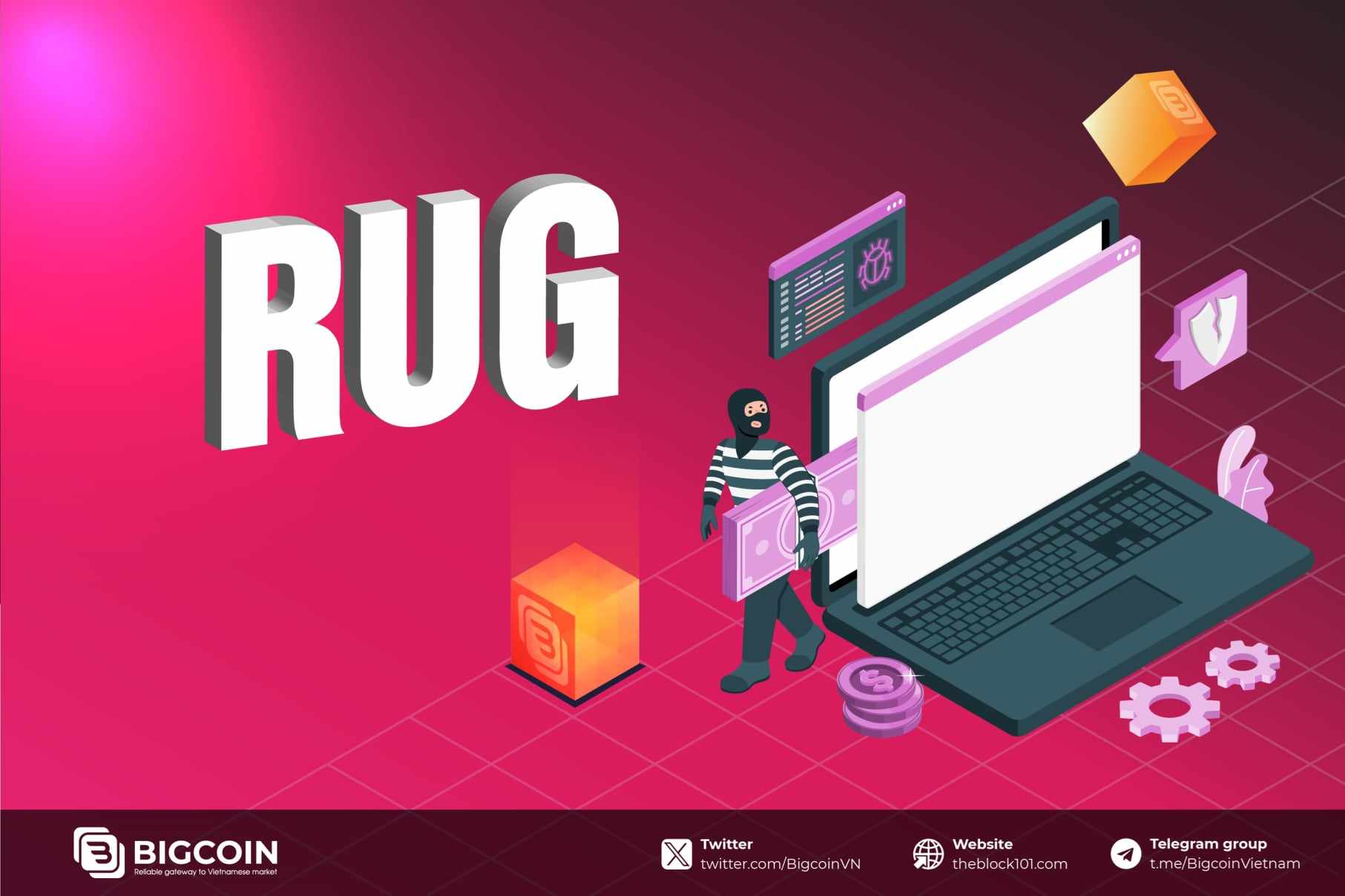1. What are airdrop scams?

Airdrop scams are fraudulent schemes where scammers promise free cryptocurrency tokens to participants but have malicious intentions. These scams exploit the popularity and trust that real airdrops have built over time. In a genuine airdrop, participants typically perform small tasks—like following a social media account, joining a community, or holding a specific token—to qualify for the airdrop. However, in a scam, the goal is usually to steal personal information, private keys, or funds from the victim.
Scammers rely on the allure of "free tokens" to get users to share sensitive information, and the methods they use can range from fake websites to impersonation tactics. Here are some common types of airdrop scams:
2. Types of Crypto Airdrop Scams

2.1. Phishing Airdrop Scams
Phishing is one of the most common forms of airdrop fraud. Scammers create fake websites or social media profiles that appear to belong to legitimate projects. They may send emails or messages containing links to these fake sites, prompting users to enter their private keys or other sensitive details. Once the scammers have this information, they can access the victim’s wallet and steal their crypto.
For example, scammers might impersonate a known project like TON coin and send messages with fake links. These phishing attempts often seem legitimate at first glance, but the goal is to extract personal data from the user.
2.2. Advance Payment Airdrop Scams
In advance payment scams, scammers create fake airdrop campaigns that seem to offer free tokens but require an initial payment. Participants are often asked to send a small amount of cryptocurrency as a “verification fee” or to cover supposed transaction costs. Once the payment is made, the scammers disappear, and the promised tokens are never delivered.
A notorious example of this scam was the NIGI scam, where victims were tricked into connecting their wallets to malicious smart contracts, allowing the scammers to drain their funds.
2.3. Malware Airdrop Scams
In malware-based airdrop scams, users are persuaded to download malicious software under the guise of an airdrop application or wallet. This malware can steal private keys, track keystrokes, or take control of the victim's device. Malware scams are particularly dangerous because they not only steal funds but also leave the victim vulnerable to other types of cybercrime.
For instance, some scammers might offer an app for managing airdrops or tokens, but once downloaded, it installs spyware that compromises your crypto assets.
2.4. Impersonation Airdrop Scams
Impersonation scams involve scammers pretending to be well-known figures in the crypto space or actual project teams. They may use fake social media accounts or hacked profiles to promote fake airdrops. By convincing users to participate, they gather sensitive information or gain control of user wallets.
For example, scammers may impersonate the official accounts of well-known projects, like TON to lure users into giving away their private keys or sending funds.
3. Ways to Avoid Airdrop Scams

-
Verify Authenticity: Always verify the legitimacy of an airdrop before participating. Check the official website and social media channels of the project offering the airdrop. Legitimate airdrops will be listed on the official channels of the project or reputable crypto news outlets.
-
Never Share Private Keys Never give out your private keys, seed phrases, or any other personal authentication information. Legitimate airdrops will never ask for your private keys. Sharing this sensitive information can result in the immediate loss of your funds.
-
Research the Project Do thorough research on the project behind the airdrop. Check the team behind the project, their past ventures, and community feedback. Legitimate projects are transparent about their objectives and team members.
-
Beware of Unsolicited Messages Be cautious of unsolicited messages, emails, or social media posts offering airdrops. Scammers often use these channels to spread phishing links. If you receive a suspicious message, verify its legitimacy by contacting the official project channels.
-
Use Security Software Make sure you have updated security software installed on your devices. This can help protect against malware that might be installed via fake airdrop apps or phishing sites.
-
Check for SSL Certificates When visiting websites related to airdrops, ensure the website uses HTTPS and has a valid SSL certificate. However, keep in mind that even SSL certificates can't always guarantee that a site is legitimate, as sophisticated phishing sites can also use them.
-
Trust Your Instincts If something seems too good to be true, it probably is. If an airdrop promises unrealistically high rewards or asks for suspicious information, trust your instincts and avoid participating.
4. What to do if you have been scammed

If you discover that you've fallen victim to a scam, there are several crucial steps you should take immediately to minimize the damage and protect your assets. Here’s what to do:
-
Report the Scam: If you realize you've fallen for a scam, report it immediately. Contact the relevant authorities, the cryptocurrency project’s official channels, social media platforms, and cybersecurity organizations. Reporting the scam can help prevent others from being affected.
-
Change Your Passwords Change the passwords of all accounts that might have been compromised, including email, cryptocurrency exchanges, and wallets. Ensure the new passwords are strong and unique, and consider using a passkey instead of traditional passwords for better security.
-
Revoke Access If you granted wallet access through a scam, revoke the permissions. Many wallet platforms allow you to manage and revoke permissions for connected sites and smart contracts. Ensure to remove any malicious access that may have been granted.
-
Monitor Your Accounts Closely monitor your accounts for unusual activity. If you notice unauthorized transactions, contact your wallet provider or exchange immediately for assistance.
-
Seek Professional Help If you’re unsure how to recover your assets, consult with a cybersecurity expert or the authorities. They can provide guidance on securing your assets and possibly recovering lost funds.
-
Educate Yourself and Others Learn from your experience and educate yourself on the signs of scams. Sharing your experience with others can raise awareness and help prevent them from falling victim to similar scams.
5. Conclusion
Airdrop scams are becoming increasingly prevalent in the cryptocurrency world, taking advantage of people's eagerness to earn free tokens. By understanding the types of scams and following best practices to avoid them, you can protect yourself and your assets. Always verify the legitimacy of airdrops, never share sensitive information, and stay informed about common scam tactics. If you fall victim to a scam, take immediate action to secure your accounts and report the incident. With vigilance and education, you can safely navigate the world of crypto airdrops and enjoy legitimate opportunities.
Read more:

 English
English Tiếng Việt
Tiếng Việt.png)
.jpg)






.jpg)



.jpg)




